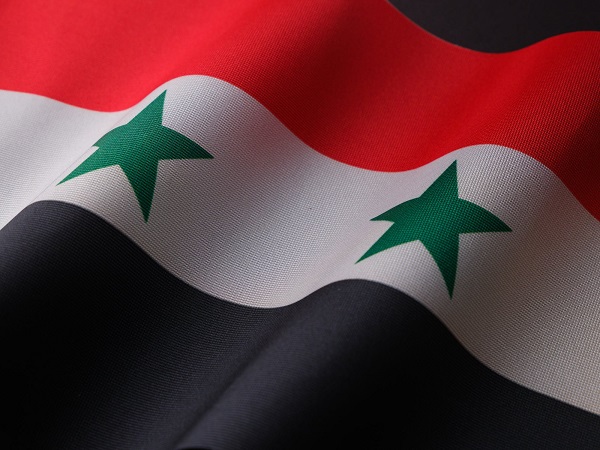
17 April marks Evacuation Day, or Independence Day, the primary national holiday in Syria, commemorating the evacuation of the last French troops and officially ending the French Mandate for Syria.
According to the latest available data from Luxembourg’s national statistics agency, STATEC, there were 2,696 Syrian nationals residing in the Grand Duchy as of 1 January 2022. However, this number does not include Syrian refugees or asylum seekers who have not yet been granted official residency status. According to figures released by Luxembourg’s Ministry of Foreign and European Affairs earlier this year, more than 1,000 Syrians applied for international protection in the Grand Duchy in 2022, thus representing almost 50% of such applications (1,008 out of 2,269). Just under 500 Syrian applicants were granted international protection last year.
For context, twelve years ago, on 15 March 2011, protesters took to the streets of Syria to rally against the country’s government and its president, Bashar al-Assad. The protests quickly took on a revolutionary nature, demanding the “fall of the regime”, democratic reforms and the release of political prisoners. The government responded with violence and the uprising escalated into a civil war, involving several external powers, displacing millions and killing hundreds of thousands. As of February 2018, the UN Refugee Agency (UNHCR) had registered over 5.5 million refugees from Syria and estimated that there were over 6.5 million internally displaced persons (IDP) within Syria’s borders.
On the occasion of Syria’s Independence Day, celebrated this year on Monday 17 April 2023, Chronicle.lu reached out to Lama Alshikh Ibrahim, a Syrian national living in Luxembourg to find out what this day means to her and other Syrians and why the day is more complex than the celebratory national days of some other countries.
Lama described Syria's national day as “a day of pride for Syrians all over the world, as we honour the sacrifices of our forefathers and their commitment to the nation's independence and progress.” She reflected on her own grandfather’s contribution in “bring[ing] freedom to Syria”; he had been among those who fought against French forces to liberate the country from foreign rule. For context, the post-WWI League of Nations had granted France mandates over today’s Syria and Lebanon in 1923; this came to an end on 17 April 1946 following Syria’s proclamation of full independence five years earlier. Reflecting on the present-day ongoing civil war in Syria, Lama said: “I also feel shame how our generation couldn't protect the inheritance of our grandfathers and we lost our freedom […] I dream of the day we liberate our country again from this [Bashar al-Assad’s] regime.”
Due to the complex situation in Syria today, the country’s Independence Day is not merely one of celebration. Lama told Chronicle.lu that there were no particular special events that she could remember from Syria on this day. “I don’t know how Syria was celebrating this day before Al-Assad’s regime, since I was born [under] this regime [and] they have taken all the good meaning out of the celebrations of this day and turned it into a show for their regime […],” she lamented. In the past, she enjoyed “quality family time” and homemade cooking from her mother. For Lama, this year is her first Syrian Independence Day where she feels “safe and secure”, living in Luxembourg now. She added that she was looking forward to celebrating with fellow Syrians on this day.








